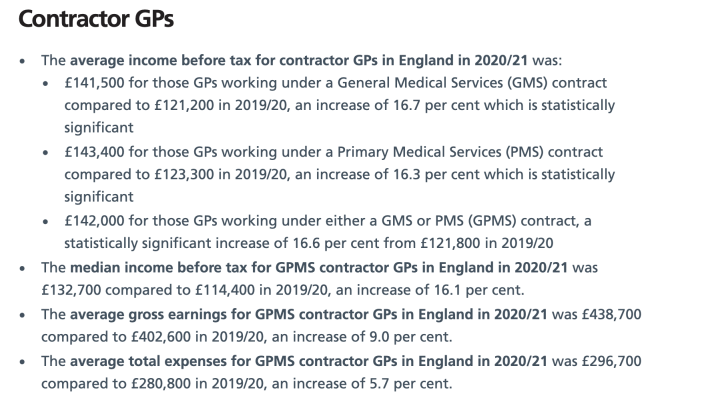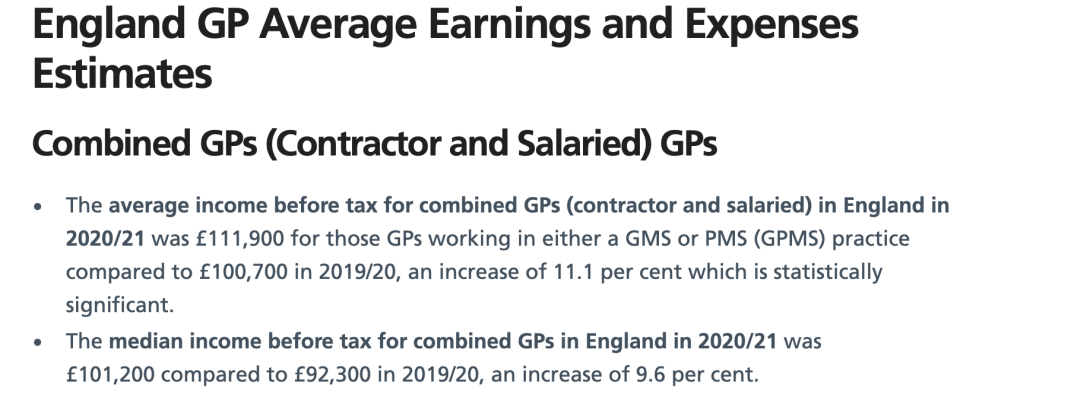MikeInWimbledon
Hardcore MB Enthusiast
- Joined
- Nov 8, 2014
- Messages
- 12,065
- Car
- (Ex S211 E500, W212 E500, C216, S212 E500, W211 E500 5.5, W221 S500, S211 E500, SL500, S500, E55)
"Shaming professionals who strike for a £50k pay rise on a 35 hour week, while others work for a living."so what's the point!?
I know a 70 year old who died this month because he was foolish enough to get cancer complications during a period of industrial unrest. Over eight weeks he got bounced from 111 to A&E to GP to local hospital, to other hospital, to back home, to back in to be seen by a consultant (for the first time), who said "I can fix this," to "no, I can't," to be returned home, who couldn't cope because he was in such intense pain, to be returned to hospital, who said they couldn't do anything, to be returned home for hospice care. He's dead but his wife is now in a complete mess.
But you're not interested in that story of NHS incompetence and Consultant supervision so let's leave that.
Then there's the 52 year old who "did the splits" on wet grass during the Ambulance strike. They got him to A&E by wheelchair - 2 miles - hospital said "go home take paracetamol." He did. A week later he got into a private doctor who said "Jeez.. How did this happen? I can't repair this at this stage. You'll be able to walk a bit, but you'll never be able to walk an hour or two again."
But you're not interested in that story of NHS negotiation and A&E incompetence, so let's leave that.





